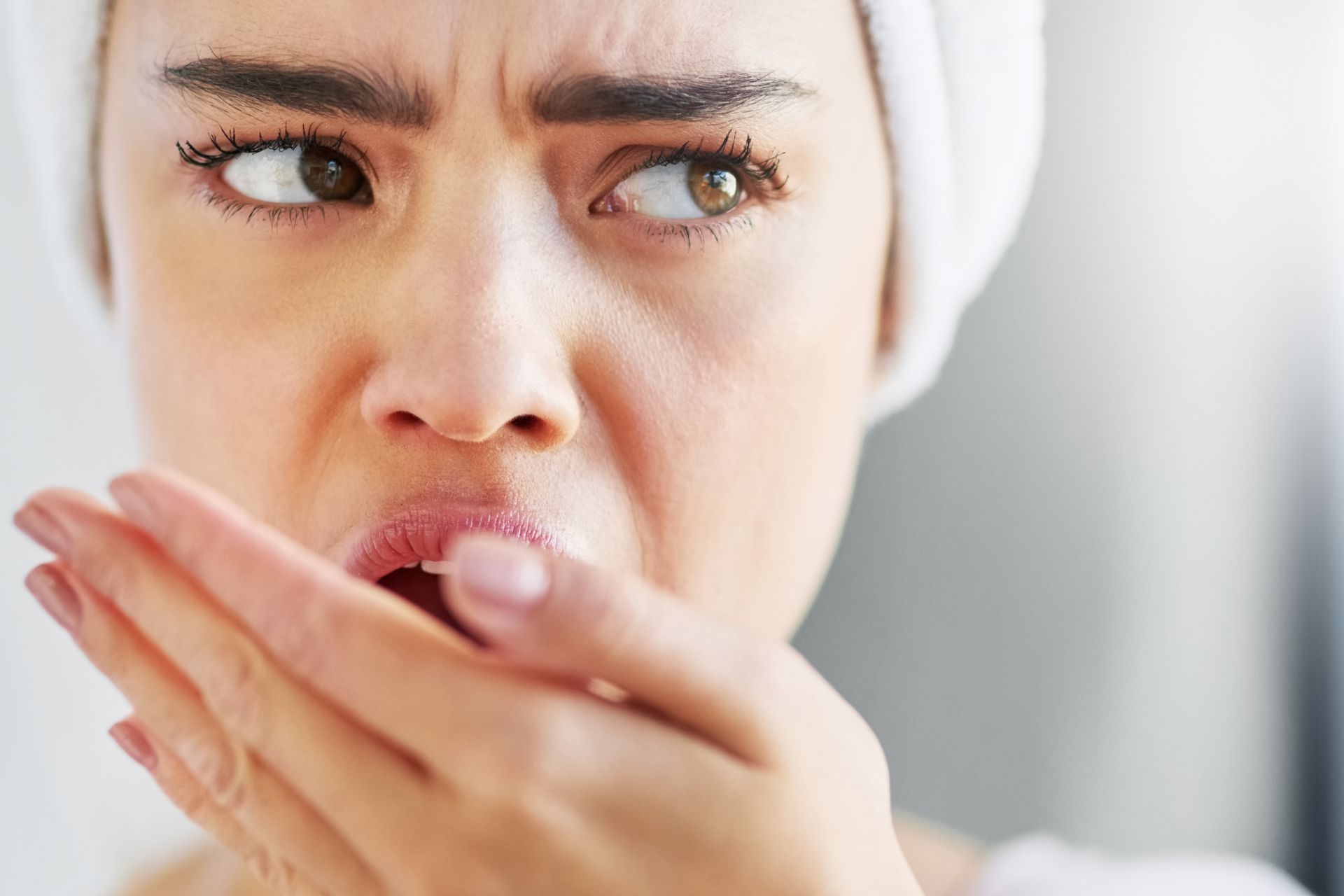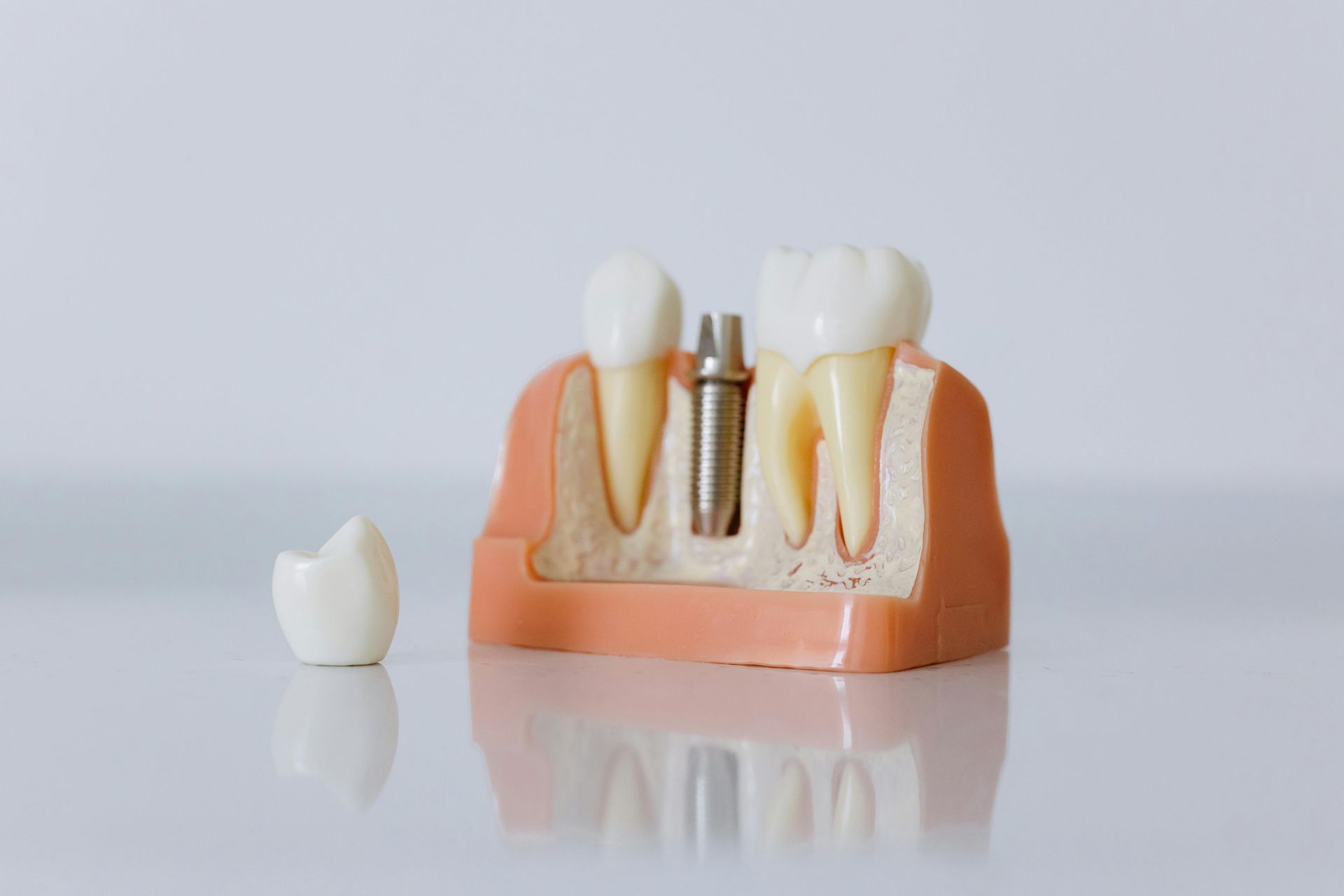HELP ME WITH
HALITOSIS (BAD BREATH)
Bad breath, or halitosis, can make conversations awkward, denting your confidence. Common causes include oral bacteria, poor hygiene, diet, or medical conditions, helping you understand this issue.

Our dental practice provides compassionate care for halitosis. Treatments include professional cleanings, oral hygiene guidance, or addressing underlying issues. Find a dentist near you for effective solutions to restore confidence.

What Is
Halitosis?
Halitosis is persistent bad breath that doesn’t improve with brushing or mouthwash. It’s more than just morning breath—it can signal underlying oral or health issues. While occasional bad breath is normal, ongoing halitosis needs attention from a local dentist to identify and treat the cause, ensuring long-term freshness.
Causes of Bad Breath
Halitosis can stem from various sources, including:
- Poor Oral Hygiene: Food particles left in the mouth breed bacteria, causing odours.
- Gum Disease: Inflamed gums or periodontitis can produce a foul smell.
- Dry Mouth: Reduced saliva, often from medications or dehydration, allows bacteria to thrive.
- Diet: Foods like garlic, onions, or spicy curries can leave strong odours.
- Medical Conditions: Sinus infections, acid reflux, or diabetes can contribute to bad breath.
- Tobacco Use: Smoking or chewing tobacco leaves a lingering smell.
For example, a teacher might notice bad breath during a busy school day, or a parent might feel uneasy after a spicy takeaway. A dentist near you can pinpoint the cause and offer tailored advice.
Symptoms of Halitosis
The main sign of halitosis is persistent bad breath, but other clues include:
- A bad taste in your mouth that doesn’t go away.
- Dry mouth or a sticky feeling.
- White coating on your tongue.
- Bleeding or swollen gums when brushing or flossing.
These signs can make social situations, like a work meeting or a date, feel stressful. A local dentist can assess your symptoms and recommend effective solutions.
Halitosis Treatment Near You
A dentist near you will examine your mouth and may ask about your diet, lifestyle, or medical history to identify the cause. Treatment options include:
- Professional Cleaning: Scaling and polishing remove plaque and tartar causing odours.
- Gum Treatment: Scaling or root planing treats gum disease, reducing bad breath.
- Oral Hygiene Guidance: Your dentist will suggest proper brushing and flossing techniques.
- Tongue Cleaning: A tongue scraper removes bacteria from the tongue’s surface.
- Mouthwash or Saliva Stimulants: Special rinses or products combat dry mouth.
- Medical Referrals: If a health condition is the cause, your dentist may refer you to a GP.
Our team ensures a comfortable experience, easing worries for patients nervous about discussing bad breath. For instance, a first-time patient might feel embarrassed, but our gentle approach makes the process reassuring.
At-Home Tips for Managing Bad Breath
While waiting to see a local dentist, try these steps to freshen your breath:
- Brush Twice Daily: Use fluoride toothpaste and a soft toothbrush to clean all teeth surfaces.
- Floss Daily: Remove food particles between teeth to reduce bacteria.
- Clean Your Tongue: Use a scraper or toothbrush to clear bacteria from your tongue.
- Stay Hydrated: Drink water to prevent dry mouth and rinse away debris.
- Use Sugar-Free Gum: Chewing stimulates saliva to fight odours.
- Avoid Trigger Foods: Limit garlic, onions, or spicy dishes.
These tips offer temporary relief, but halitosis treatment near you from a professional ensures lasting results.
When to See a Dentist Near You
Contact a dentist near you if:
- Bad breath persists despite good oral hygiene.
- You notice gum bleeding, swelling, or pain.
- Dry mouth or a bad taste continues for days.
- You suspect a medical condition like reflux or sinus issues.
Early care prevents complications, like gum disease worsening. We’ve helped patients regain confidence with fresh breath, and we’re here for you too.
Preventing Halitosis
Keep your breath fresh with these habits:
- Brush and floss daily to remove plaque and food particles.
- Visit your local dentist every six months for check-ups and cleanings.
- Limit strong-smelling foods and rinse your mouth after eating.
- Quit smoking with support from your dentist or GP.
- Chew sugar-free gum to boost saliva flow.
Simple changes, like sipping water during a commute, can make a big difference.
Your Trusted Dentist
Book Your Dental Appointment Today
Call us now or
Book online to schedule your consultation with a trusted local dentist.



